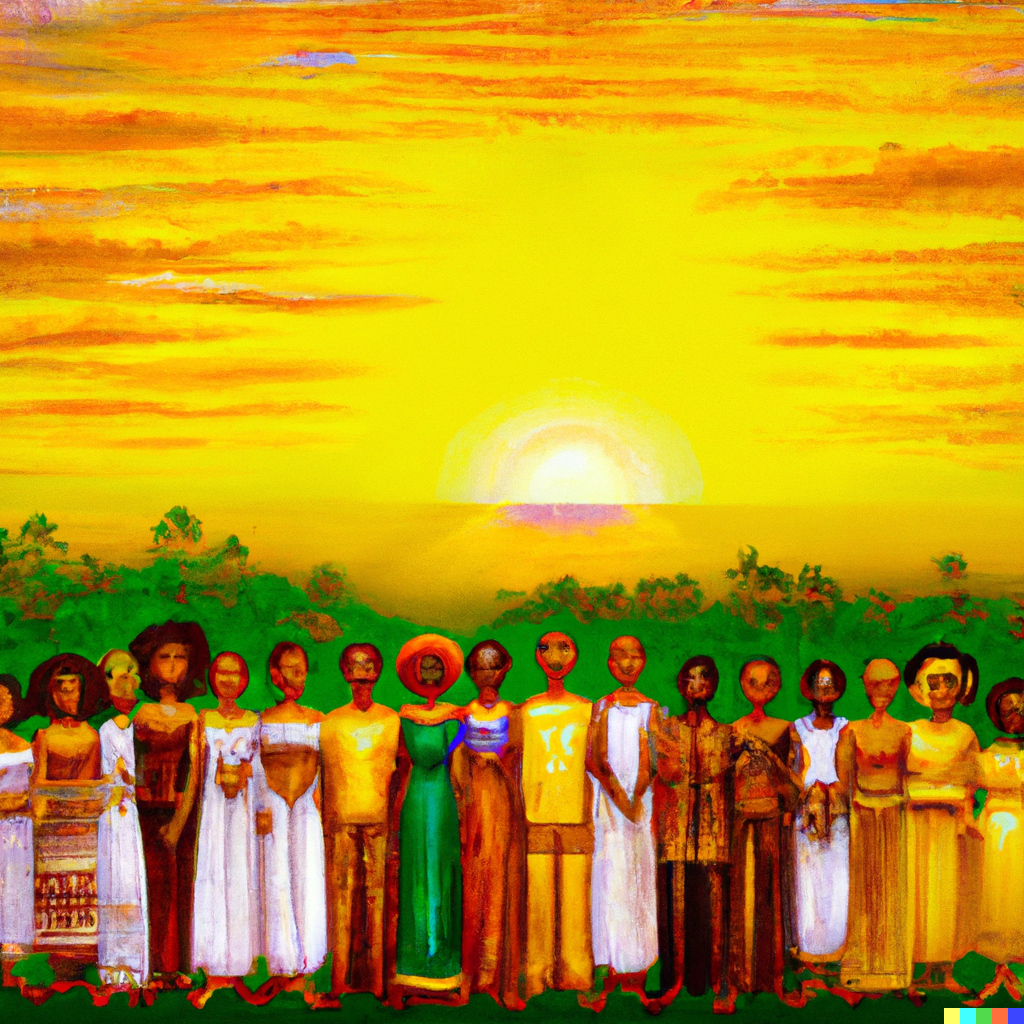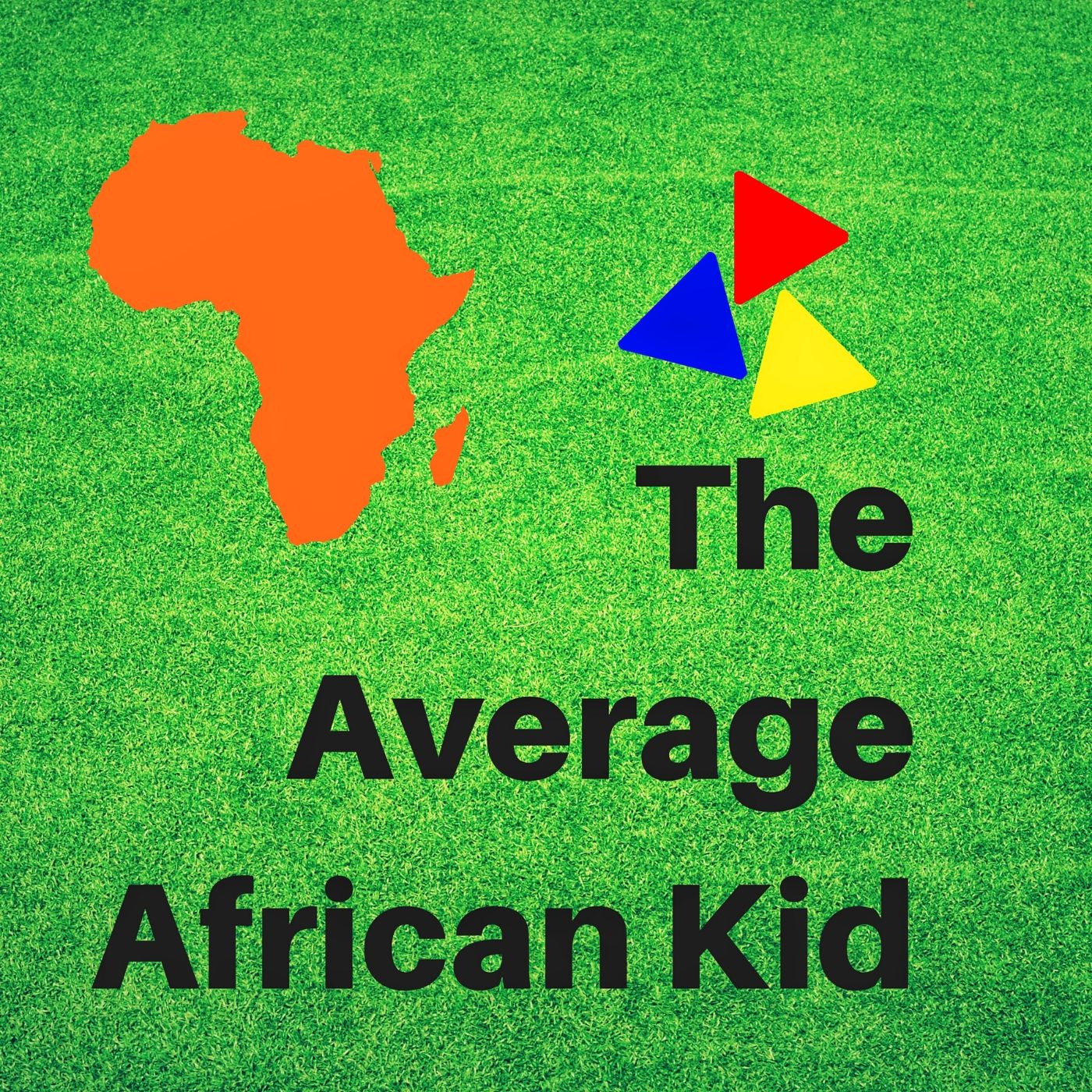Episodes
Tuesday Sep 21, 2021
Ask Jordyn (Part 2): Why I Quit Medical School
Tuesday Sep 21, 2021
Tuesday Sep 21, 2021
Hello everyone, today we are continuing the series with Jordyn on her post COVID reflections. Let's get right into today's episode.
_________________________________________________________
[00:00:00] Tuoyo Eresanara: Oh, wow. That is, that is really nice.
[00:00:02] That's really nice. Wow. That's a, that's a mouthful. A bachelors in. Pre-medical concentration minors in chemistry and biology. Yes. Oh yeah. Wow. Okay. Okay. For those out there as possible. So, okay. So now let's get into this, the pandemic, I mean the whole world was on a stop. Like the whole world was on pause, like a really long pause.
[00:00:35] So how did this whole thing affect you? Like how was the pandemic for you basically?
[00:00:43] Jordyn Ruiz: Wow. There's a lot to unpack there. I think I want to start off with time. Time was a big thing that was very illusory to me at the time. And I think there was some sort of distortion going on. It feel, it felt like it went by really fast, also really.
[00:00:59] [00:01:00] At the same time, because there's just so much going on and it bombarded by so many narratives, a lot of dialogue being thrown at me and my own internal dialogue going crazy. It was, it was really hard, like to premise my experience, at least through this pandemic, it, it was horrible in many ways, but it was also beautiful in many ways.
[00:01:21] I think as a collective, like we all went through our own respective experiences and I think undertone of it, it was, it was really hard for everyone. And so for me personally, I went through, I think, an entire journey, like hero falls, it rises, maybe falls again and rises again. I had many peaks and valleys and I think now, and twist the end of 2021, I'm on the up end of a lot of the low points.
[00:01:51] Of the pandemic. And so as a person, I think I entered the pandemic one way and as I'm coming out of [00:02:00] it, I'm a, I'm a different person. You know, I feel like it's a 180, like my heart posture has changed in a good way. So first off it taught me the pendant. It taught me about the fragility of life, how it is so short, how it can be taken away from you in an instant.
[00:02:19] I never put much thought into, you know, my own death too much, but it now was in my face is like, this could affect you too. And I think being young were kind of, you know, I don't want to say, like, we don't think about it, but it's not like the most prominent thing in my mind. Because it's a, even though we should maybe meditate on a little bit more because it's a blessing to be able to get to older age But I definitely was able to reflect a lot on my life and what, you know, I wanted it to look like, especially in the solitude and my own sort of time by myself, I was able to kind of redefine what I wanted for [00:03:00] myself and especially thinking about how short it is.
[00:03:02] How do I want to maximize that time? And so, along with that, I, I basically went through a crisis as well. I was applying to medical school, right when I graduated from college and studying for the entrance exam, amidst you know, protests and a lot of havoc going on in the world. My mind, it was so hard to focus on.
[00:03:30] This sort of like privilege it is to apply to a professional schooling when the world was just in decay. And for me personally, like I, I found it very difficult to do that and it showed I didn't score very well. I had to be so honest with myself, like, should I even apply still? I ended up doing so. And I didn't get any interviews.
[00:03:51] It was a big rejection in my life and I had to face it and I can not. And looking back, I can't, you know minimize the fact that it was [00:04:00] very hard to receive that news and to face the reality that you failed in many ways. And, but I didn't allow it. I didn't want to allow the wound to make me bitter.
[00:04:11] I wanted to make me wiser. And so I used it to my advantage ultimately, but that only like analytical thought about that situation came after the emotionality of it. I experienced a big sort of like identity crisis because I put so much emphasis. On getting intimate school. I put like my identity in it.
[00:04:31] And when you put your identity in something external, it is bound to fail eventually. And mine happened, I think at a, in a timely way where I was able to address it in a pandemic that allowed me to quarantine with my thoughts, it really parsed through and see, where is the toxicity in this thought pattern?
[00:04:47] Where is this coming from? I had to look at my past and see how I was conditioned to, with certain thoughts to think that I had to be something to be valued. And so I came to conclusions within myself is [00:05:00] that I grew up being in a household that really valued education. And in that in itself is not a negative thing, but hearing it growing up as knowledge is power and repeated, repeated, repeated, I became to internalize it and like have this sort of academic validation that if I could conceptualize the heighest.
[00:05:20] Sort of knowledge I could think of. And I, I saw, you know, a physician at the top of that, that hierarchy of being, you know, so well-respected, so well-versed in the field and able to help people. I, it combined a lot of elements that I was looking for to sort of validate who I thought I was. And so when that collapsed, like my whole identity collapsed, I, I went through, had depression.
[00:05:44] I had trouble sleeping. I had a really, I didn't really figure out what, what was going on within myself. And I came to the conclusion that I was putting so much value on a title on a certain point in my life that I [00:06:00] had to get to, which I thought would be me. Like that is the peak. That is Jordan. That is someone well valued, respected in that was so wrong.
[00:06:10] Like you do not need accolades at certain title to be valued. You are still you, regardless of what you attain and what you contribute. Like you just being alive and being this essence of who you are, is impactful as it is. And so I had to really take so many steps back and get back to this sort of basis set of being an individual, being human.
[00:06:40] And, you know, it was very hard. It was sort of like ego dissolution process because I was operating in a sort of egoic lens for so long. And the problem with that is I think a lot of people operate in it, but they don't really realize it they're like unaware because it's an unconscious process.
[00:06:58] The ego is very, like, has [00:07:00] very like narcissistic hues and tones to it. And so and we mistake it for who we are. This sort of self and then there's you. And so I had to really like, understand that differentiation and it's basically like a lot of people call it like a spiritual awakening which is you sort of identify this narrative.
[00:07:20] You made, for yourself, it could be, you know, for me, it was getting that MD, you know, that sort of like narrative, I told myself all my life, or it could be something else, but then within use it's comparable, it's comparative it's. It could be like your intelligence. It could be, you know what you're wearing.
[00:07:37] Like, it it's, it's a different for everyone, but I had identified my sort of like narrative for myself and then deconstruct it, dissolve it and realize that's not me that title, that, that position, that whole, that's not me, the me, or who you are, is a sort of like presence. It's a conscious [00:08:00] presence behind all of that.


Comments (0)
To leave or reply to comments, please download free Podbean or
No Comments
To leave or reply to comments,
please download free Podbean App.